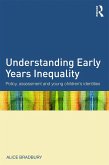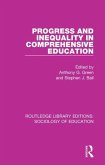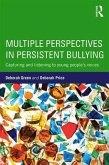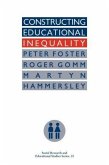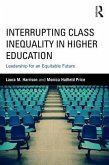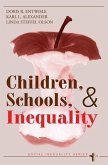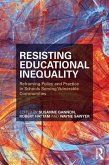The children of undocumented migrants in the U.S. are trapped at the intersection of two systems in crisis: the public education system and the immigration law system. Based on a long tradition of scholarship in Latino education and on newer critical race theory ideas, Persistent Inequality answers burning questions about how educational policy has to rise to meet the unique challenges of undocumented students' lives as well as those which face nearly all Latinos in the U.S. educational system. How solid is the Supreme Court precedent, Plyler v. Doe, that allows undocumented children the opportunity to attend public school K-12 free of charge? What would happen if the Supreme Court overruled it? What is the DREAM Act and how would this proposed federal law affect the lives of undocumented students? How have immigration raids affected public school children and school administrators? To shed some light on these vital questions, the authors provide a critical analysis of the various legal and policy aspects of the U.S. educational system, asserting that both the legal and educational systems in this country need to address the living and working conditions of undocumented Latino students and remove the obstacles to educational achievement which these students struggle with daily.
Hinweis: Dieser Artikel kann nur an eine deutsche Lieferadresse ausgeliefert werden.
Hinweis: Dieser Artikel kann nur an eine deutsche Lieferadresse ausgeliefert werden.



